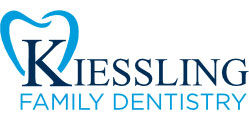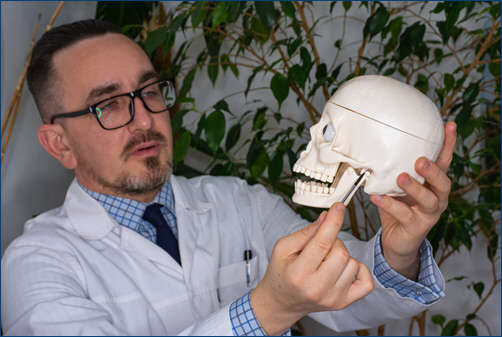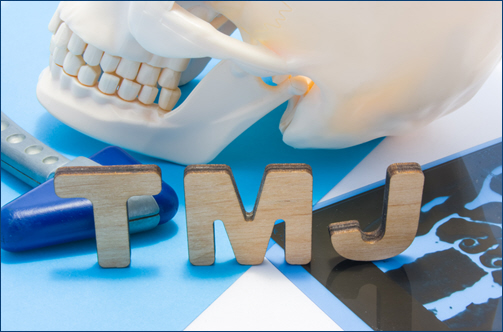Foods to Avoid if You Have TMJ Disorders
TMJ disorders create pain, stiffness, and difficulty chewing. Everyday meals can either relieve or worsen symptoms. Certain foods strain the joint, leading to flare-ups and discomfort. Patients managing TMJ disorders should understand which foods to avoid and which to embrace. Making informed dietary choices supports jaw health and enhances overall comfort. With simple substitutions, patients enjoy balanced nutrition without unnecessary pain.
Hard and Crunchy Foods
 Foods like nuts, pretzels, raw carrots, or popcorn kernels stress the TMJ. The repetitive force of crunching irritates already inflamed joints. These items often lead to sharp pain or prolonged soreness after meals. Patients can choose softer alternatives such as yogurt, ripe bananas, or steamed vegetables. These substitutions protect the joint while still providing essential vitamins and minerals. Over time, avoiding hard foods reduces irritation and preserves jaw flexibility.
Foods like nuts, pretzels, raw carrots, or popcorn kernels stress the TMJ. The repetitive force of crunching irritates already inflamed joints. These items often lead to sharp pain or prolonged soreness after meals. Patients can choose softer alternatives such as yogurt, ripe bananas, or steamed vegetables. These substitutions protect the joint while still providing essential vitamins and minerals. Over time, avoiding hard foods reduces irritation and preserves jaw flexibility.
Chewy or Sticky Options
Chewy candies, bagels, and chewing gum demand constant effort from jaw muscles. Sticky foods increase stress and can even dislodge dental restorations. Constant chewing prolongs muscle fatigue and aggravates inflammation. Healthier options include smoothies, soft grains, or tender proteins like scrambled eggs. These foods deliver nutrients without overworking the joint. Reducing chewy and sticky foods becomes one of the simplest and most effective TMJ management strategies.
Caffeine, Alcohol, and Dehydration
Caffeine and alcohol both worsen TMJ symptoms. A stimulant, caffeine heightens muscle activity, increasing clenching risk. Alcohol dehydrates the body, reducing natural joint lubrication. Dry joints become more painful and less flexible. Patients should prioritize water and herbal teas to maintain hydration. Hydrated muscles and joints function better, lowering the risk of flare-ups. Limiting stimulants and irritants benefits both oral health and overall wellness.
Planning a Supportive Diet
A TMJ-friendly diet emphasizes soft, nutrient-rich foods. Mashed potatoes, oatmeal, cooked vegetables, and tender fish protect the jaw while fueling the body. Cold, soothing foods like smoothies or yogurt also ease discomfort. By planning meals around jaw-friendly options, patients enjoy food without pain. Working with a dentist or nutritionist ensures balanced, supportive dietary choices.
TMJ disorders require careful lifestyle management, and diet plays a key role. Avoiding hard, chewy, and dehydrating foods protects the joint from stress. Embracing softer, nutrient-dense options ensures comfort while maintaining good health. With consistent choices, patients reduce pain and enjoy meals again.



 When the head tilts forward, it shifts pressure onto the jaw joint. This misalignment forces the muscles surrounding the TMJ to work harder, leading to pain and tension. Over time, poor posture alters bite alignment, worsening jaw discomfort. Patients who spend long hours at desks or on digital devices are particularly at risk.
When the head tilts forward, it shifts pressure onto the jaw joint. This misalignment forces the muscles surrounding the TMJ to work harder, leading to pain and tension. Over time, poor posture alters bite alignment, worsening jaw discomfort. Patients who spend long hours at desks or on digital devices are particularly at risk.
 Impact on Daily Life
Impact on Daily Life